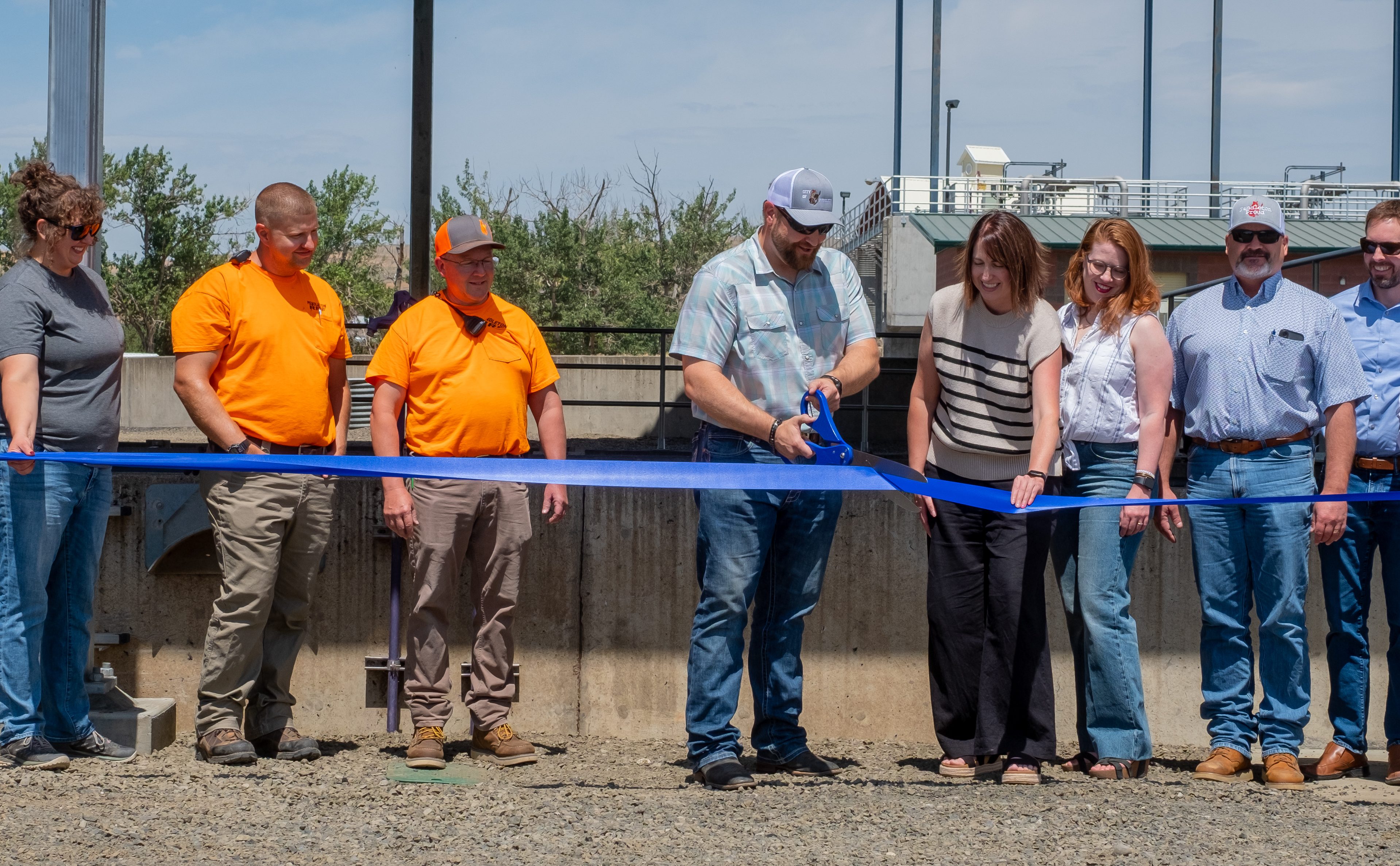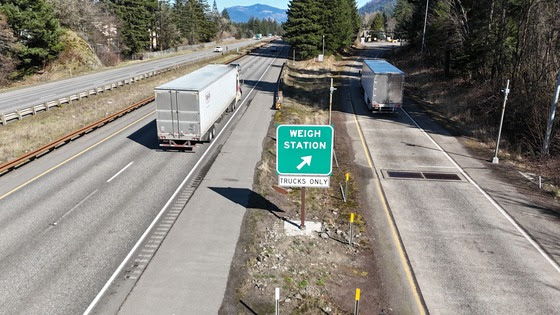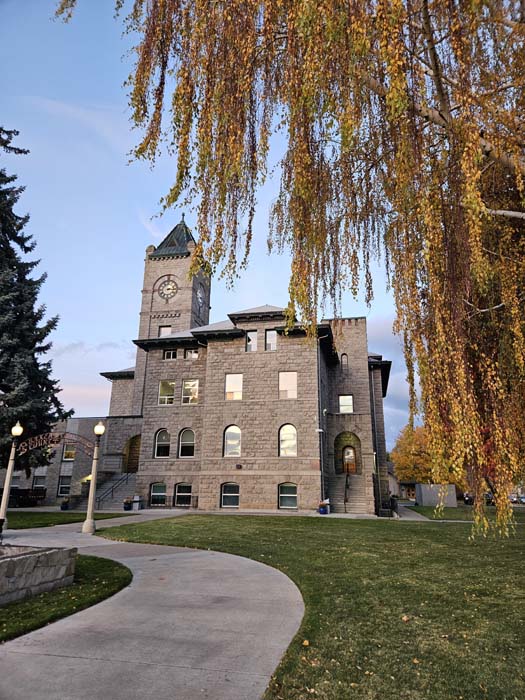Washington state orcas are feasting on seals, which should save salmon
Published 11:48 pm Monday, February 24, 2003
Even folks who consider themselves anti-environmentalists are wanting to hug a few whales. That’s because transient orcas are feasting on harbor seals, which in turn should boost the number of salmon that will return upstream in the coming years.
In Hood Canal, near Bremerton, Wash., orcas have eaten more than a third of the booming harbor seal population. That means fewer seals will feast on Chinook salmon during the coming runs. Even with the whale feeding frenzy, the population of harbor seals is not endangered and will rebound, according to scientists.
What makes this interesting is that seals throughout the Northwest have done plenty to lower salmon numbers. Salmon fishermen have been banned from shooting the seals, which wipe out their catches, as was done in the old days. Natural predators have not controlled the population of seals. That might be changing.
A fisherman near Long Beach, Wash., told the East Oregonian a few years ago that as soon as he sets his nets, harbor seals immediately swarm to the area. Before he can pull up his nets a short time later, most of the salmon captured have been eaten.
Other people have witnessed seals in the Astoria and Seaside areas gorging themselves on salmon, usually just biting the bellies filled with roe and wasting the rest of the fish. The seals, even with their incredible cuteness, have done their fair share of damage to the salmon population. Along with terns, predation makes a huge difference in how many salmon make it to the ocean and then survive long enough to travel back upriver to spawn.
There’s always been irony in the fact that we pour so much money into salmon restoration, and at the same time protect the fish’s predators from any controls. It throws the balance off. There’s no wonder the massive debate on dwindling salmon numbers have been so clouded in inaccurate facts. While some people want to blame dams on the Columbia and Snake rivers, other issues such as ocean conditions and predation often are overlooked.
The orca seal feast in Washington state does not mean salmon will return in large numbers to the Columbia Basin, but it does show that natural predation can make a big difference in the balance of sea and freshwater life.
Let’s hope the whales, seals, salmon, and yes, humans, can achieve a balance. In the meantime, let’s find a whale to hug.





